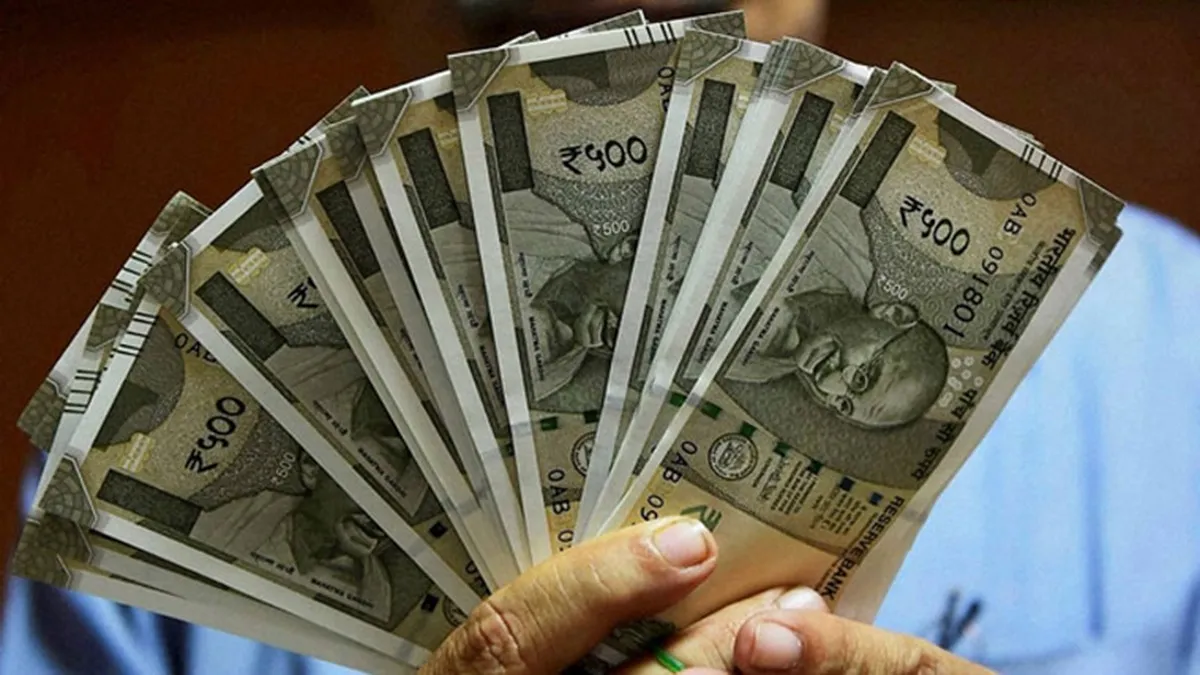
Direct benefit transfer ie Direct Benefit Transfer (DBT) has helped India to get a cumulative savings of Rs 3.48 lakh crore by stopping leakage in welfare distribution. According to PTI news, according to a report by the Blueraft Digital Foundation, this report, shared by the Finance Ministry, evaluates data from 2009 to 2024 to examine the impact of DBT.
Subsidy allocation has come down from 16 to 9% of total government expenditure
According to the news, DBT has left its mark on budgetary efficiency, subsidy rationalization and social results. The report also found that the allocation of subsidy since DBT came into force has come down from 16 percent to 9 percent of the total government expenditure, which shows a major improvement in the efficiency of public expenditure. Subsidy allocation data showed significant changes after DBT implementation, which highlighted the improvement in fiscal efficiency despite an increase in beneficiary coverage.
In the pre-DBT round (2009-2013), the subsidy was 16 percent of the total expenditure, which was Rs 2.1 lakh crore annually, with a considerable leakage in the system. In the post-DBT round (2014-2024), the subsidy expenditure decreased by 9 percent of the total expenditure in 2023-24, while the beneficiary coverage increased from 11 crore to 16 times to 176 crore.
Savings of Rs 1.85 lakh crore under PDS
According to the report, there was a savings of Rs 1.85 lakh crore under Food Subsidy (PDS), which is 53 percent of the total DBT savings. This was largely due to Aadhaar -linked ration card certification. 98 percent wages were transferred on time to MNREGA, which saved Rs 42,534 crore through DBT-managed accountability. Similarly, under PM-Kisan, the use of DBT has saved Rs 22,106 crore by removing 2.1 crore disqualified beneficiaries from the scheme. Under the fertilizer subsidy, sales of 158 lakh tonnes of fertilizer decreased, saving Rs 18,699.8 crore.
DBT added effects like this
This report by the Blucraft Digital Foundation states that the role of the system in biometric authentication and direct transfer has been important in improving efficiency and preventing misuse. India’s experience with DBT presents a compelling case for the efficacy of direct transfer in promoting both economic and social development. The lessons achieved from this success can guide the global efforts to make welfare systems more efficient, transparent and inclusive.
Latest business news